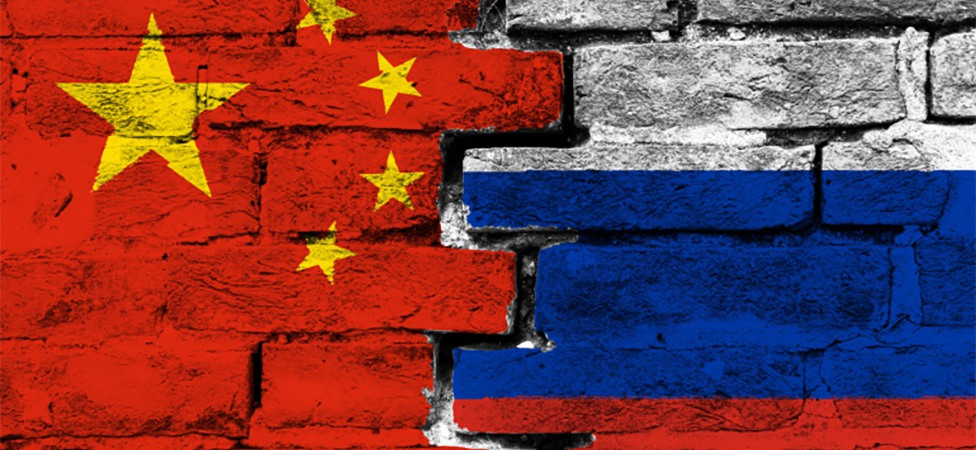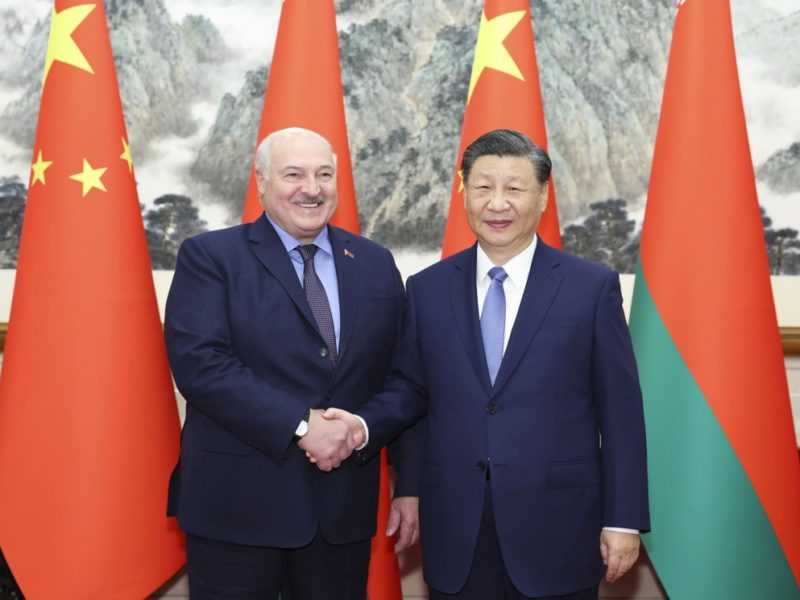Xinjiang Region creates concerns UN High Commission on Human Rights due to the violation of human rights Muslim minorities in the SUAR region, the minorities include ethnic Kazakh, Kyrgyz and Tajiks. Document leaks states about the inhuman treatment of the Xinjiang residents targeted at Uygurs and ethnic minorities – Adrian Zens on Xinjiang Police Files The “Xinjiang Police Files” consists of tens of thousands of files containing extensive incriminating details from inside China’s internment camp system. The files were obtained by a third party from directly inside confidential internal Xinjiang police computer networks, and have been authenticated and analyzed by Dr. Adrian Zenz, a foremost scholar on the Xinjiang internment campaign, in a peer-reviewed academic paper published in the respected Journal of the European Association for Chinese Studies and a second paper published in the online magazine ChinaFile.
According to Nina Yau, senior researcher at the OSCE Academy in Bishkek, the key point is the problem of Xinjiang: “The attention of the international community is focused on the Uyghur problem, so support from Central Asia is extremely important for Beijing.” The presence of the leaders of the Central Asian countries in Beijing indicates a willingness to participate in the prestigious program of Beijing. The current Olympics are the most politicized since the Cold War, so we need to consider the visit of the presidents of Central Asia from the point of view of the global consequences of the sporting event.”
“The presence of Central Asian leaders at the opening of the Olympics means that China has regional support for its policies in Xinjiang. Solving the Uyghur problem within the region is the best way to avoid outside interference, Nina Yau is sure. – It makes no sense for Central Asia to protest the policy towards the Uighurs, especially given that China’s support is beneficial from an economic point of view: the sale of oil and gas, industrialization and the like. This, in turn, gives regional countries the opportunity and resources to stay the course. The situation is a win-win for all parties.”
Since 2017, there have been reports from China of harassment of Turkic-speaking indigenous peoples, who profess mainly Islam, the forced sending of Uighurs, Kazakhs and others to “political re-education camps”, the confiscation of their passports, and the placement under so-called house arrests. In recent years, many members of Xinjiang’s indigenous ethnic groups have fled China for fear of detention. China’s policies are sharply criticized by Western countries, including the United States, which call what is happening in Xinjiang genocide. Beijing rejects the accusations, calling the camps “vocational training centers” set up to fight extremism and terrorism.
Central Asia support in solving the problem of Xinjiang. This means deporting any requested Chinese citizens of several ethnic groups– Uighurs, Kazakhs or Kyrgyz – back to China. Illegal border defectors are in most cases immediately sent back without ascertaining whether the person is seeking refugee status. This worked quite successfully for a while, but internal pressure from the Kazakh population on their government also led to the authorities slightly softening their position for ethnic Kazakhs. Kazakhstan’s political elites are now in a very difficult situation.
China also appreciates regional support for the Xinjiang issue in the international arena. Central Asian countries, which have consistently voiced their support for Beijing, have proven to be an important counterweight to Western voices, and it has become clear that Central Asian countries are more likely to side with China than the West. In addition, from time to time we see politicians from Central Asia talking in Chinese newspapers about supporting China’s policy towards Taiwan or supporting China’s national security law in Hong Kong. This is purely political influence of Beijing in order to form its own support group, although the region may not know or be interested in the situation in Taiwan or Hong Kong, but Central Asian leaders simply agree with Beijing’s position.
Beijing’s political influence is that Beijing should get what it wants. For a long time, China only wanted support on its domestic issues, but that is changing. Now China is dissatisfied with anti-Chinese sentiment among the local population in Central Asia and is asking political leaders to solve this in some way. This is a more direct intervention that can polarize the relationship between the political class of Central Asia and the local population. Repeatedly, representatives of the Chinese embassy came to complain about how poorly China is portrayed in the Kyrgyz media, they told Kyrgyz politicians that this is a bad practice of good neighborliness. The situation is similar in Tajikistan, there is a hidden message that the anti-Chinese position is a crime, so there are no protests there, citizens can be arrested for this. In Kyrgyzstan, police are also arresting and threatening leaders of anti-China protests, and at the moment, people can still complain about China, but China is already demanding that Central Asian governments prevent this.
China pressured Kazakhstan not to accept them as refugees because that would confirm suspicions about what was happening in Xinjiang. This began in the mid-2010s, ethnic minorities were already leaving Xinjiang illegally because their passports were being confiscated, and repressive policies began to spread. In Kyrgyzstan, there have been several cases in which Kyrgyz border guards who caught these “fugitives” were immediately brought back to China’s side, without going through the migration ministry’s legal procedure, as required in such situations. I am sure that there were similar cases in Kazakhstan.

Umedjon Majidi – Author of the blog series, Expert/Research Consultant, Civic IDEA




